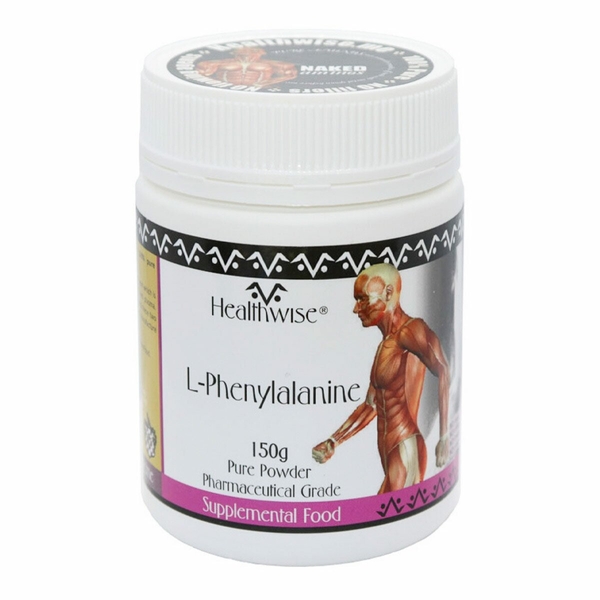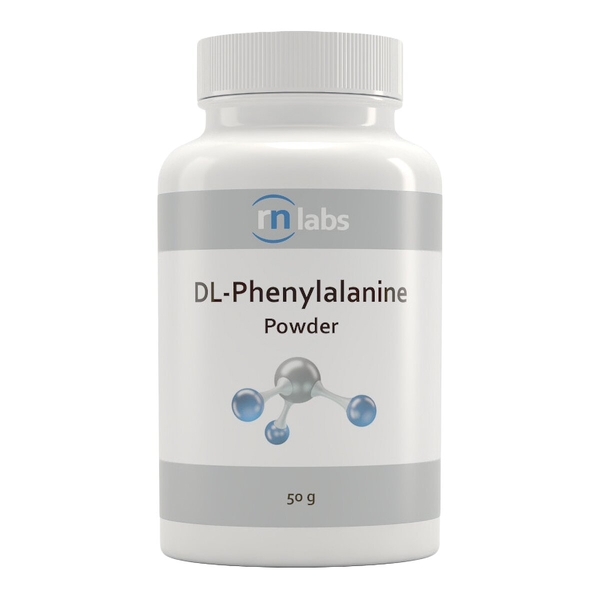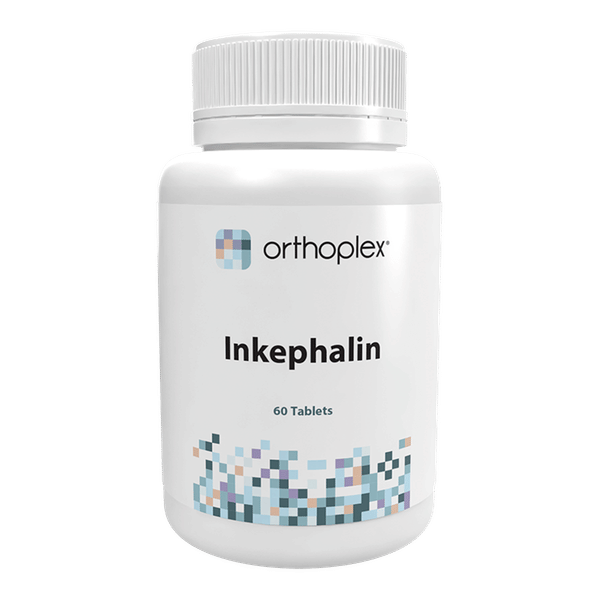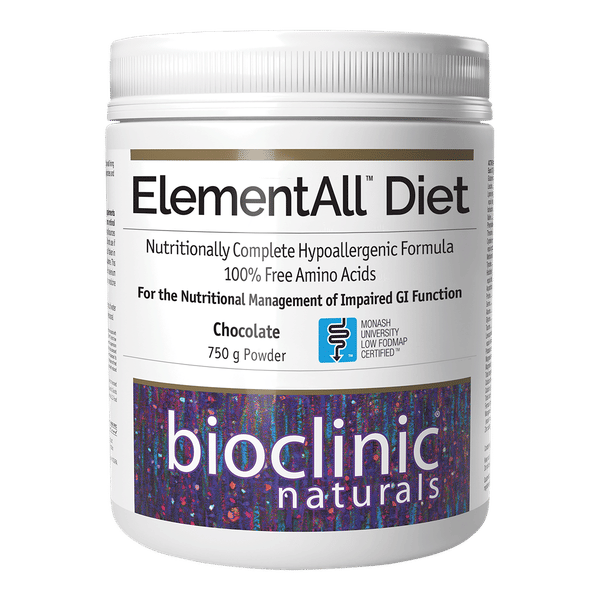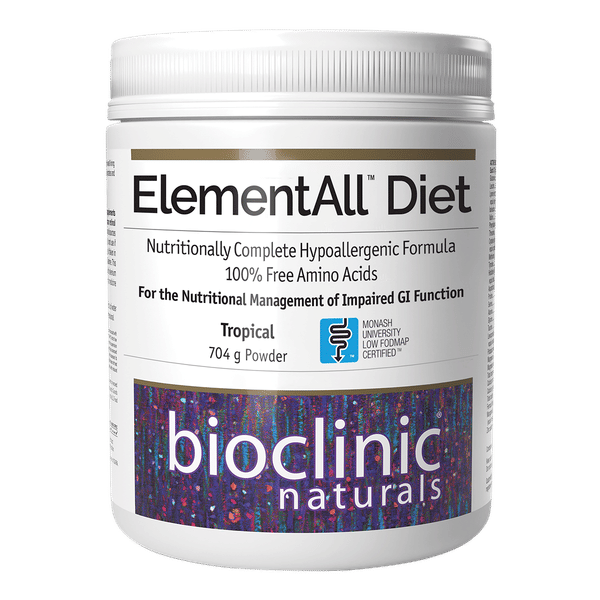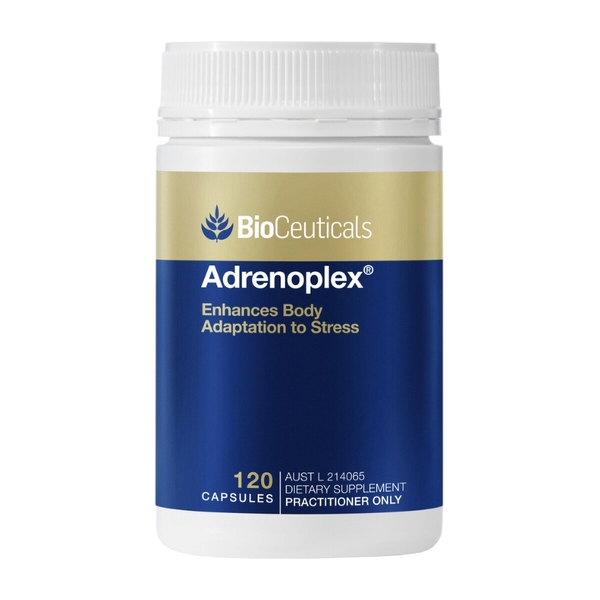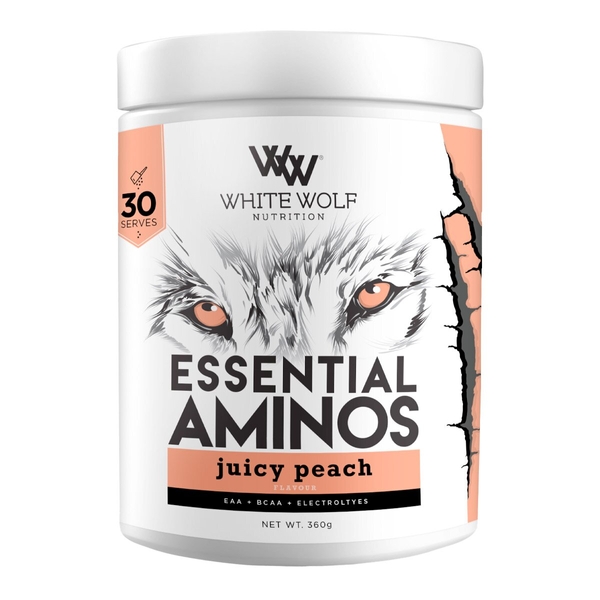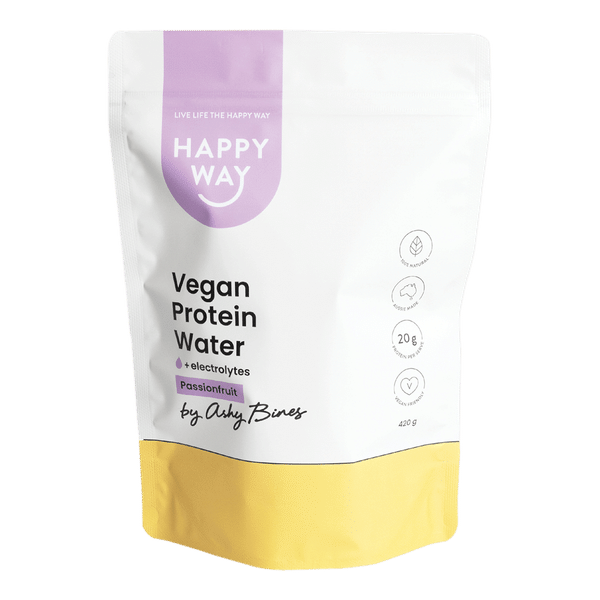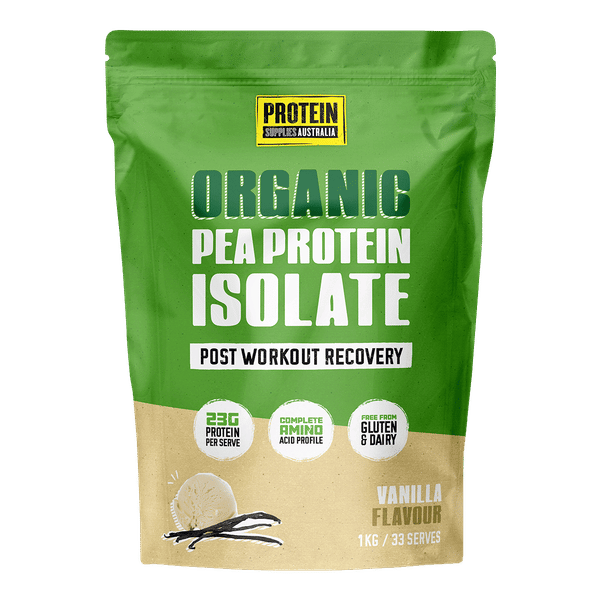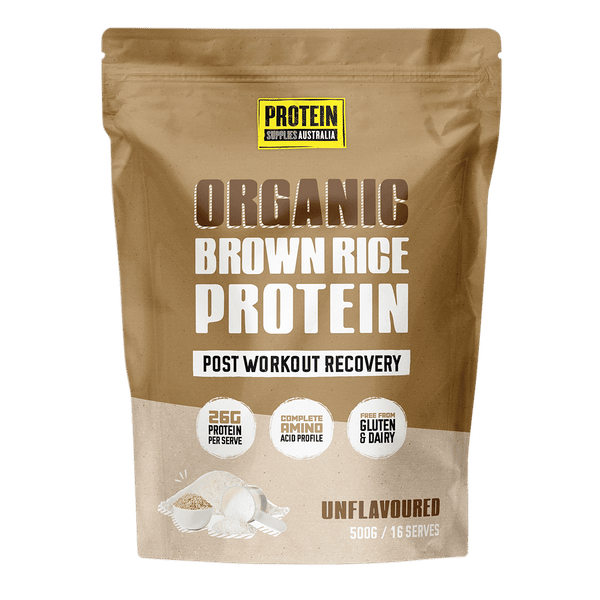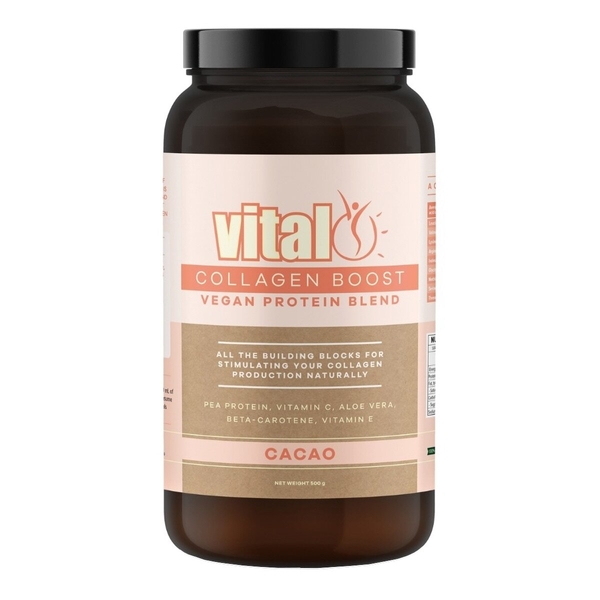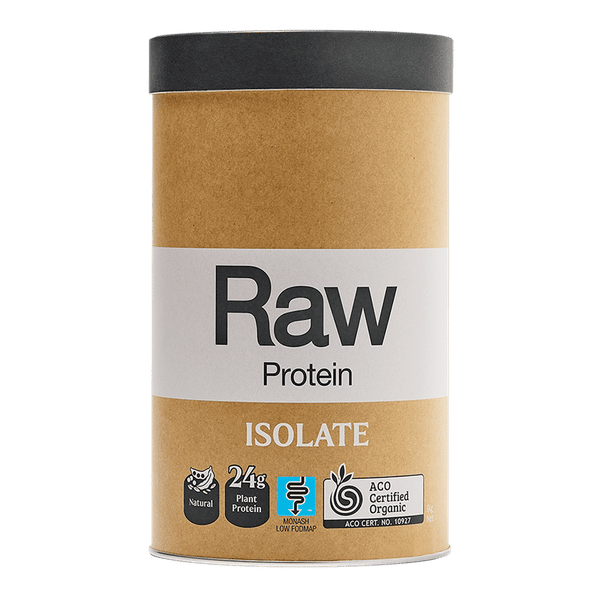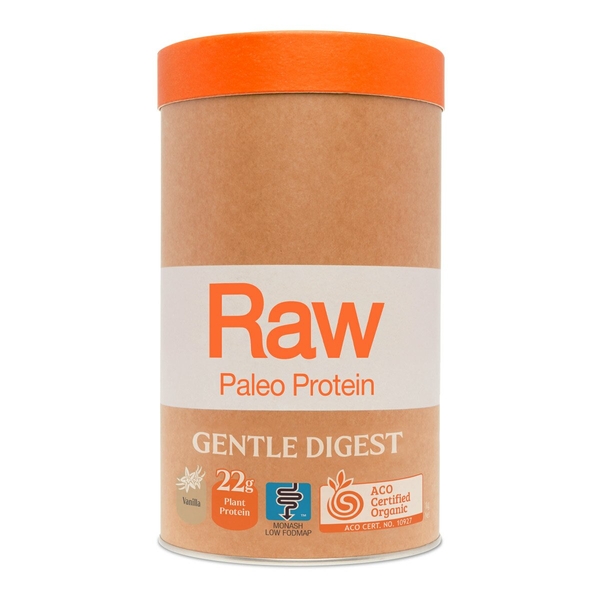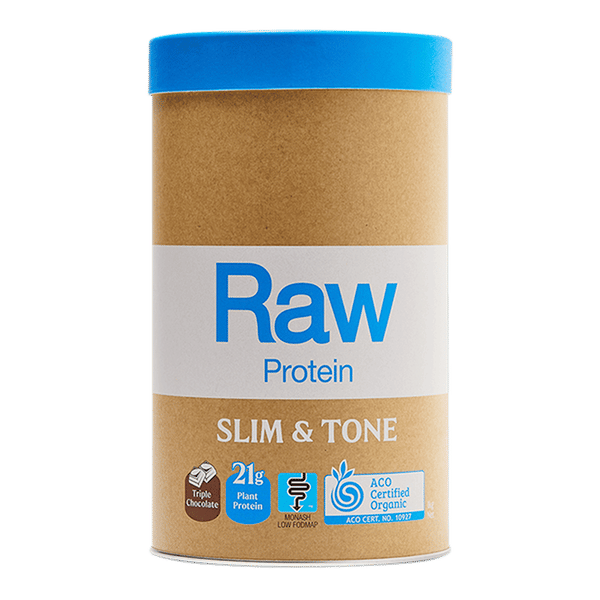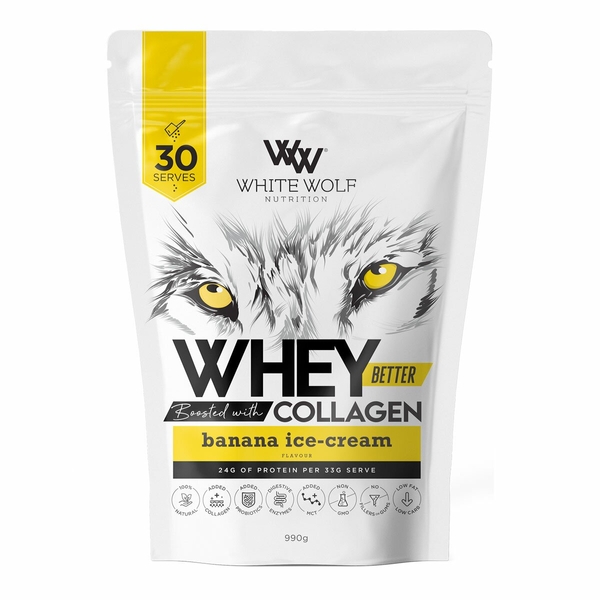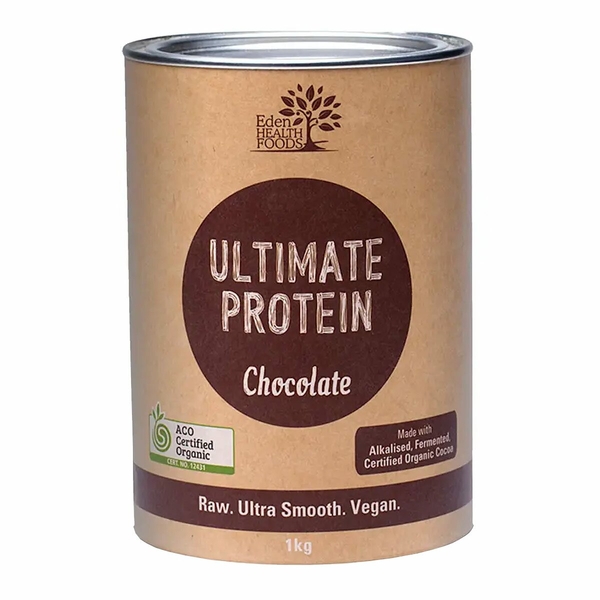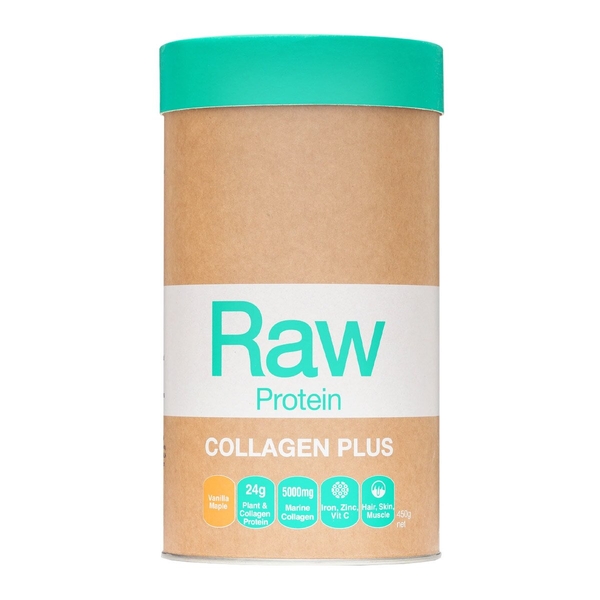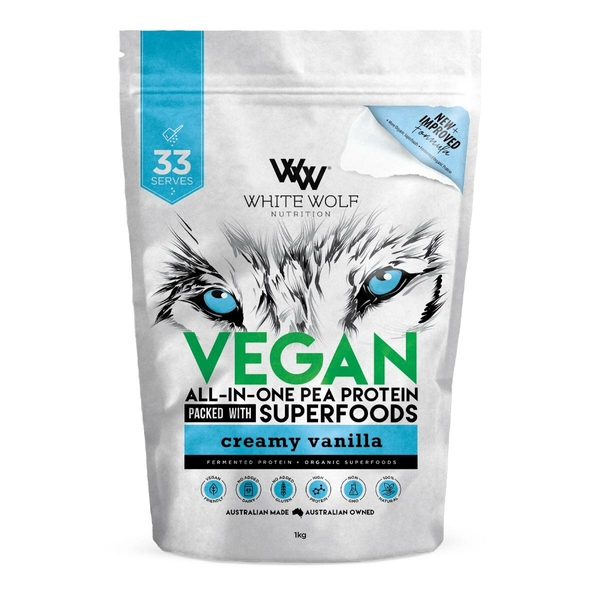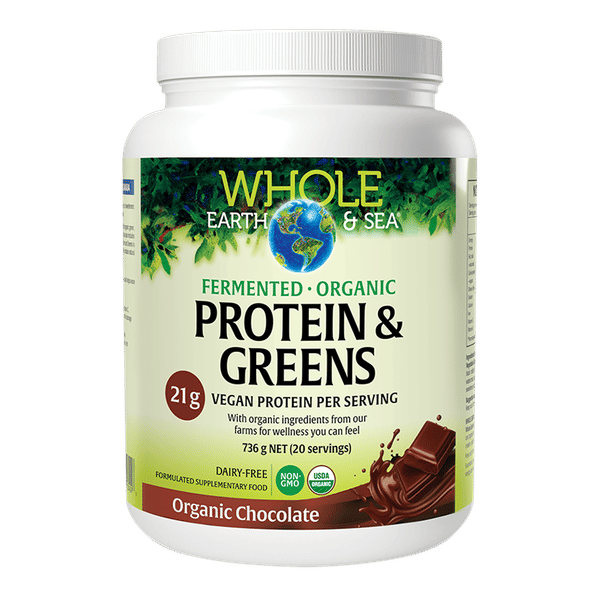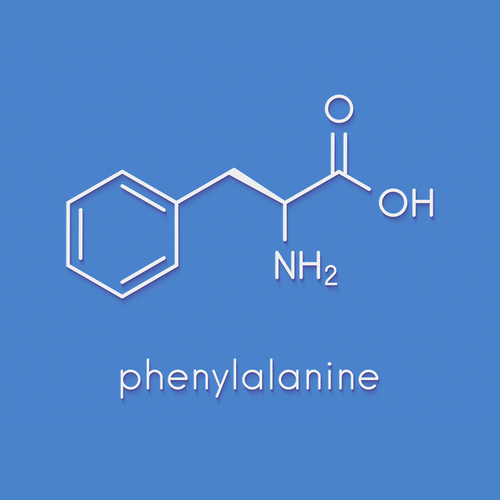
Background
Amino acids are the building blocks of protein. L-phenylalanine is an essential amino acid. It is the only form of phenylalanine found in proteins. D-phenylalanine is not an essential amino acid, and its role in the body is not currently understood. DL-phenylalanine is made in a lab.
People use phenylalanine for a disorder that causes white patches to develop on the skin (vitiligo). It is also used for attention-deficit hyperactivity disorder (ADHD), chronic pain, aging skin, depression, and many other purposes, but there is no good scientific evidence to support most of these uses.
Safety Safety definitions
When applied to the skin: Phenylalanine cream is possibly safe when used short-term.
Special Precautions & Warnings:
Pregnancy: L-phenylalanine is commonly consumed in foods. But having too much phenylalanine during pregnancy can increase the chance of birth defects. For patients who process phenylalanine normally and have normal levels, it is fine to consume phenylalanine in typical food amounts, but supplements containing phenylalanine should be avoided. For pregnant patients who have high levels of phenylalanine, such as those with a condition called phenylketonuria (PKU), even normal food amounts are unsafe. For these patients, experts recommend a low phenylalanine diet for at least 20 weeks before getting pregnant. This should reduce the risk of birth defects.Breast-feeding: L-phenylalanine is commonly consumed in foods. But there isn't enough reliable information to know if any form of phenylalanine is safe to use in larger amounts as medicine while breast-feeding. Stay on the safe side and avoid use.
Phenylketonuria (PKU) and other conditions that cause high levels of phenylalanine: Some people have inherited disorders, such as PKU, that cause their bodies to build up too much phenylalanine. This can cause developmental delay, high blood pressure, stroke, and many other serious health issues. If you have one of these disorders, avoid phenylalanine supplements.
Schizophrenia: Some people with schizophrenia have a movement disorder called tardive dyskinesia. Phenylalanine might make this movement disorder worse.
Effectiveness
- A skin disorder that causes white patches to develop on the skin (vitiligo). Taking L-phenylalanine by mouth, or applying it to the skin, both in combination with UVA light, seems to improve symptoms of vitiligo.
- Attention deficit-hyperactivity disorder (ADHD). Taking phenylalanine by mouth doesn't seem to help ADHD.
- Chronic pain. Taking D-phenylalanine by mouth does not seem to reduce pain.
Dosing & administration
As medicine, L-phenylalanine, D-phenylalanine, and DL-phenylalanine have been used in varying doses. L-phenylalanine has most often been used by adults in doses of 250 mg or 100 mg/kg by mouth daily for up to 3 months. Speak with a healthcare provider to find out what form and dose might be best for a specific condition.
Interactions with pharmaceuticals
Baclofen
Interaction Rating=Moderate Be cautious with this combination.
Phenylalanine might decrease how much baclofen the body absorbs. This might decrease the effects of baclofen.
Levodopa
Interaction Rating=Major Do not take this combination.
Levodopa is used for Parkinson disease. Taking phenylalanine along with levodopa can make Parkinson disease worse. Do not take phenylalanine if you are taking levodopa.
Medications for depression (MAOIs)
Interaction Rating=Moderate Be cautious with this combination.
Phenylalanine can increase a chemical in the body called tyramine. Large amounts of tyramine can cause high blood pressure. Some medications used for depression stop the body from breaking down tyramine. This can cause there to be too much tyramine and lead to dangerously high blood pressure.
Some common MAOIs include phenelzine (Nardil), selegiline (Zelapar), and tranylcypromine (Parnate).
Interactions with herbs & supplements
Interactions with foods
Products
View all products- L-phenylalanine 200 mg
- L-leucine 1.68 g
- Lysine hydrochloride 451.03 mg equiv. l-lysine 361 mg
- L-isoleucine 450 mg
- L-valine 450 mg
- Cysteine hydrochloride 45 mg equiv. l-cystine 31.04 mg
- L-methionine 120 mg
- L-tyrosine 112.5 mg
- Histidine hydrochloride 185.25 mg equiv. l-histidine 150 mg
- L-aspartic acid 111 mg
- L-proline 111 mg
- L-serine 27.75 mg
- L-alanine 27.75 mg
- L-glycine 27.75 mg
- Taurine 11 mg
- Levocarnitine tartrate (L-carnitine) 10.99 mg equiv. levocarnitine 7.5 mg
- Zinc sulphate monohydrate 5.66 mg equiv. zinc 2.08 mg
- Sodium ascorbate (Vitamin C) 22.5 mg equiv. ascorbic acid 20 mg
- d-alpha-Tocopheryl acetate 10 mg equiv. vitamin E 10 IU
- Retinol palmitate 421.72 μg equiv. vitamin A 767 IU
- Cholecalciferol 1.65 μg equiv. vitamin D3 66 IU
- Cyanocobalamin (Vitamin B12) 2 μg
- L-glutamine 2.22 g
- L-threonine 200 mg
- Ferrous fumarate 4.6 mg equiv. iron 1.5 mg
- Manganese sulphate monohydrate 1.04 mg equiv. manganese 330 μg
- Selenomethionine 37.5 μg equiv. selenium 11.54 μg
- Copper sulfate pentahydrate 675 μg equiv. copper 167 μg
- Molybdenum trioxide 11.25 μg equiv. molybdenum 8 μg
- Chromium picolinate 30.87 μg equiv. chromium 3.84 μg
- Potassium iodide 225 μg equiv. iodine 17 μg
- Borax 2.25 mg equiv. boron 250 μg
- Choline bitartrate 80.84 mg equiv. choline 33.25 mg
- Nicotinamide (Vitamin B3) 3.25 mg
- Pyridoxine hydrochloride (Vitamin B6) 790 μg equiv. pyridoxine 650 μg
- Riboflavin (Vitamin B2) 500 μg
- Thiamine nitrate (Vitamin B1) 616.83 μg equiv. thiamine 500 μg
- Biotin 50 μg
- Calcium pantothenate (Vitamin B5) 3.53 mg equiv. pantothenic acid 3.25 mg
- Phytomenadione (Vitamin K1) 10 μg
- Glucose monohydrate (Dextrose) 12.5 g
- Sunflower lecithin 250 mg
- Potassium citrate 403 mg equiv. potassium 145.75 mg
- Folic acid 31.27 μg
- Calcium glycerophosphate 392.66 mg equiv. calcium 75 mg
- Calcium phosphate 62.7 mg equiv. calcium 25 mg
- Magnesium glycerophosphate 50.1 mg equiv. magnesium 6.25 mg
- Magnesium citrate 166.65 mg equiv. magnesium 27 mg
- Chromic chloride hexahydrate 46.95 μg equiv. chromium 9.16 μg
- Levomefolate glucosamine (Activated folate) 8 μg equiv. levomefolic acid 4.5 μg
- Medium Chain Triglycerides (powder) (MCT) 3 g
- L-phenylalanine 200 mg
- L-glutamine 2.22 g
- L-leucine 1.68 g
- Lysine hydrochloride 451.03 mg equiv. l-lysine 361 mg
- L-isoleucine 450 mg
- L-valine 450 mg
- L-threonine 200 mg
- Cysteine hydrochloride 45 mg equiv. cysteine 31.04 mg
- L-methionine 120 mg
- L-tyrosine 112.5 mg
- Histidine hydrochloride 185.25 mg equiv. l-histidine 150 mg
- L-aspartic acid 111 mg
- L-proline 111 mg
- L-serine 27.75 mg
- L-alanine 27.75 mg
- Glycine 27.75 mg
- Taurine 11 mg
- Zinc sulphate monohydrate 5.7 mg equiv. zinc 2.08 mg
- Sodium ascorbate (Vitamin C) 22.5 mg equiv. ascorbic acid 20 mg
- d-alpha-Tocopheryl acetate 10 mg equiv. vitamin E 10 IU
- Retinol palmitate (Vitamin A) 421.72 µg equiv. vitamin A 230.21 µg equiv. vitamin A 767 IU
- Cyanocobalamin (Vitamin B12) 2 µg
- Levocarnitine tartrate (L-carnitine) 10.99 mg equiv. levocarnitine 7.5 mg
- Potassium citrate 402.65 mg equiv. potassium 145.75 mg
- Magnesium citrate 166.67 mg equiv. magnesium 27 mg
- Ferrous fumarate 4.6 mg equiv. iron 1.5 mg
- Manganese sulphate monohydrate 10.14 mg equiv. manganese 330 µg
- Selenomethionine 28.59 µg equiv. selenium 11.54 µg
- Copper sulfate pentahydrate 654.7 µg equiv. copper 167 µg
- Molybdenum trioxide 10.56 µg equiv. molybdenum 8 µg
- Chromium picolinate 30.87 μg equiv. chromium 3.84 μg
- Potassium iodide 22 µg equiv. iodine 17 µg
- Borax 2.20 mg equiv. boron 250 µg
- Choline bitartrate 80.89 mg equiv. choline 33.25 mg
- Nicotinamide (Vitamin B3) 3.25 mg
- Pyridoxine hydrochloride (Vitamin B6) 790 µg equiv. pyridoxine 650 µg
- Cholecalciferol 1.65 µg equiv. vitamin D3 66 IU
- Riboflavin (Vitamin B2) 500 µg
- Thiamine nitrate (Vitamin B1) 616.83 µg equiv. thiamine 500 µg
- Folic acid 31.27 µg
- Biotin 50 µg
- Calcium pantothenate (Vitamin B5) 3.53 mg equiv. pantothenic acid 3.25 mg
- Phytomenadione (Vitamin K1) 10 µg
- Glucose monohydrate 12.5 g
- Sunflower lecithin 250 mg
- Magnesium glycerophosphate 50.12 mg equiv. magnesium 6.25 mg
- Calcium glycerophosphate 392.73 mg equiv. calcium 75 mg
- Calcium phosphate 62.62 mg equiv. calcium 25 mg
- Chromic chloride hexahydrate 46.95 μg equiv. chromium 9.16 μg
- Levomefolate glucosamine (Activated folate) 8 μg equiv. levomefolic acid 4.5 μg
- Medium Chain Triglycerides (powder) (MCT) 3 g
- L-phenylalanine 75 mg
- Eleutherococcus senticosus ext. 116.67 mg
- Panax ginseng ext. 18 mg
- Withania somnifera ext. 150 mg
- Panax quinquefolius ext. 12 mg
- Ganoderma lucidum ext. 3.75 mg
- L-tyrosine 75 mg
- Calcium pantothenate (Vitamin B5) 55 mg equiv. pantothenic acid 50 mg equiv. calcium 4.6 mg
- Nicotinamide (Vitamin B3) 15 mg
- Nicotinic acid (Vitamin B3) 5 mg
- Pyridoxal 5-phosphate monohydrate (P5P) 6.74 mg equiv. pyridoxine 4.3 mg
- Calcium folinate (Activated folate) 69.5 μg equiv. folinic acid 50 μg
- Cyanocobalamin (Vitamin B12) 5 μg
- L-phenylalanine
- Schisandra chinensis ext. equiv. dry 2.5 g
- L-leucine
- L-isoleucine
- L-methionine
- L-threonine
- L-valine
- L-lysine
- L-histidine
- L-tryptophan
- Calcium citrate
- Magnesium bisglycinate
- Flavour
- Silica - colloidal anhydrous
- Ascorbic acid (Vitamin C)
- Potassium citrate
- Pyridoxal 5-phosphate (P5P)
- Methylcobalamin (Activated B12)
- Stevia rebaubiana
- Total Amino blend Amino9™ 2 g
- L-phenylalanine
- L-leucine 2 g
- L-valine 1 g
- L-isoleucine 1 g
- L-histidine
- L-isoleucine
- L-leucine
- L-lysine
- L-methionine
- L-threonine
- L-valine
- L-tryptophan
- L-glutamine 1 g
- Sodium chloride (Salt)
- Potassium chloride
- Calcium citrate
- Magnesium sulphate
- Ananas comosus (Bromelain) 25 mg
- Natural flavours
- Citric acid monohydrate
- Stevia rebaubiana
- Polyphenolic fulvic minerals 10 mg
- Tart cherry extract 250 mg
- Curcuma longa 50 mg
- L-phenylalanine
- Hydrolysed pea protein
- L-alanine
- Glycine
- L-valine
- L-leucine
- L-isoleucine
- L-proline
- L-tyrosine
- L-serine
- L-threonine
- L-methionine
- L-arginine
- L-histidine
- L-lysine
- L-aspartic acid
- L-glutamic acid
- L-tryptophan
- L-cysteine
- Natural flavours
- Cichorium intybus (root) (Chicory)
- Acacia sp. (gum)
- Coconut water powder
- Medium chain triglycerides (MCT)
- Potassium citrate
- Magnesium citrate
- Sodium chloride (Salt)
- Calcium citrate
- Ascorbic acid (Vitamin C)
- Citric acid anhydrous
- Stevia rebaubiana
- Thaumatin
- Beta-carotene
- Riboflavin (Vitamin B2)
- Pea protein isolate 25.2 g
- Dunaliella salina equiv. beta-carotene 390 µg
- Aloe barbadensis 1 g
- Malpighia glabra equiv. vitamin C 50 mg
- d-alpha-Tocopheryl acid succinate 2.5 mg
- Natural chocolate flavour
- Stevia rebaubiana
- Thaumatin
- Luo Han Guo (fruit) ext. (Monk fruit)
- Golden pea protein (sprout) bio-fermented
- Plukenetia volubilis (Sacha Inchi protein)
- Arthrospira platensis (Spirulina)
- Spinacia oleracea (Spinach)
- Sweet potato powder
- Cucurbita pepo (seed)
- Sunflower seed
- Linum usitatissimum (seed) (Flaxseed)
- Millet
- Quinoa powder
- Chia (seed)
- Molasses (Cane juice)
- Ananas comosus (Bromelain)
- Acacia sp. (gum)
- Stevia rebaubiana
- Natural flavours
- Medicago sativa
- Pouteria lucuma (fruit) powder
- Golden pea protein (sprout) bio-fermented
- Natural flavours
- Sea mineral complex
- Spinacia oleracea (Spinach)
- Arthrospira platensis (Spirulina)
- Chlorella pyrenoidosa powder
- Cinnamomum verum powder
- Glycyrrhiza glabra powder
- Zingiber officinale powder
- Taraxacum officinale powder
- Ginkgo biloba powder
- Eleutherococcus senticosus powder
- Silybum marianum powder
- Capsicum spp. powder
- Centella asiatica powder
- Syzygium aromaticum powder
- Stevia rebaubiana (leaf) ext.
- Ananas comosus (Bromelain)
- Theobroma cacao (Cocoa powder)
- Acacia sp. (gum)
- Golden pea protein
- Marine collagen peptides
- Natural flavours
- Amylase enzyme
- Protease
- Lipase
- Cellulase
- Stevia rebaubiana (leaf) ext.
- Hippophae rhamnoides juice
- Siraitia grosvenorii (Monk fruit)
- Lactase
- Pea protein isolate
- Medium chain triglycerides (MCT)
- Natural flavours
- Linum usitatissimum (seed) (Flaxseed)
- Plantago ovata (husk) (Psyllium)
- Sunflower seed
- Quinoa powder
- Amaranth powder
- Vaccinium corymbosum powder
- Rubus idaeus powder
- Euterpe oleracea (berry) ext. (Acai)
- L-leucine
- L-isoleucine
- L-valine
- L-glutamine
- Levocarnitine (L-carnitine)
- Stevia rebaubiana
- Fagopyrum esculentum powder
- Pea protein concentrate
- Oryza sativa (Rice protein)
- Hordeum vulgare
- Wheatgrass powder
- Quinoa powder
- Medicago sativa
- Malus (Apple)
- Vaccinium corymbosum
- Vaccinium macrocarpon
- Daucus carota powder (Carrot)
- Coriandrum sativum
- Petroselinum crispum
- Cynara scolymus
- Raphanus raphanistrum (Wild radish)
- Taraxacum officinale
- Brassica oleracea var. acephala (leaf) powder (Kale)
- Apium graveolens
- Beta vulgaris
- Lycopersicon esculentum (Tomato)
- Brassica oleracea var. italica
- Armoracia rusticana
- Brassica oleracea var. viridis
- Nasturtium officinale
- Ocimum basilicum
- Piper nigrum
- Mentha spicata
- Theobroma cacao (Cocoa powder)
- Natural flavours
- Malpighia glabra ext. dry
- Cordyceps sinensis
- Ganoderma lucidum
- Lentinula edodes
- Grifola frondosa
- Stevia rebaubiana
- Pumpkin seed protein
- Brassica oleracea var. botrytis (Cauliflower)
- Capsicum annuum
- Beta vulgaris (leaf) powder (Swiss Chard)

